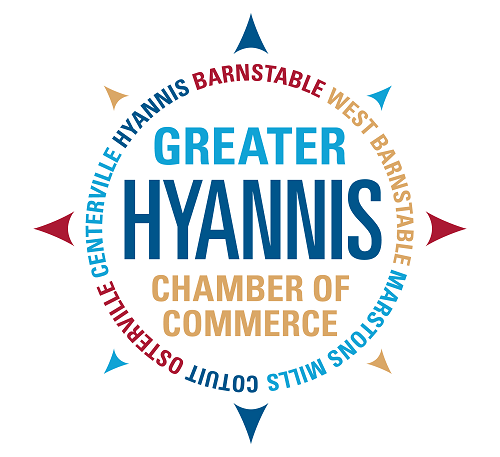By Linda Laranjeiro
Did you know subscription traps and deceptive free trials scam millions of consumers with misleading ads and fake endorsements? Online subscription services are the reason for 60 percent to 80 percent of fraud claims and can be chalked up to consumers not realizing they signed up for subscriptions and have fallen into a subscription trap.
What Is A Subscription Trap?
You are on social media or surfing the web when you see an ad for a free or low-cost trial of a new product such as a wrinkle cream or diet pill. All you need to do is pay a small fee for shipping and handling. But that free trial is most likely anything but free.
Most companies don’t send free product samples to try. If you can locate and read the fine print on the order page, or the terms and conditions buried by a link, you’ll discover that you may have only 14 days to receive, evaluate and return the product to avoid being charged more, even hundreds of dollars. What consumers don’t always look over is during the checkout process, there may be an “auto-replenish” option check-marked to have a new shipment of products sent every month.
Sometime later, the consumer realizes this and tries to cancel. The merchant then makes it almost impossible to cancel. And that is where they get you – subscription trap.
Are Consumers Notified Of A Subscription?
The answer is yes! Back in 2020 Visa instituted a rule requiring merchants to send notifications before they charge consumers’ debit cards once the free trial period is over and they begin a subscription plan, along with clearer instructions about how to cancel. Many consumers miss these notifications. Usually, because they may have gone into the consumer’s email spam or junk folder. Also, the consumer may have not been anticipating the notification and missed it or deleted it.
If you believe you have an unrecognized/unauthorized debit card charge on your account, here is what you can do:
- Check your inbox for an email notification from the merchant, the notification should have been received from 30 to 60 days prior to the charge.
- Contact the merchant. In most cases, the merchant’s phone number can be found in the description of the charge.
- Request reimbursement and cancel the subscription. In my experience, as long as the charge is within the past 30 days, the merchant will provide a refund.
Avoiding Subscription Traps
- Read the small print (terms and conditions) carefully before entering into any agreement or making a purchase, however long this may take.
- Make sure the terms and conditions box has not been pre-ticked.
- If you make a purchase of this kind that gives you a limited timescale to cancel the agreement, make sure you do so before the due date if you want to cancel it.
Linda Laranjeiro is Director of Payments Portfolio Growth & Strategy for First Citizens’ Federal Credit Union. She can be contacted at Linda.laranjeiro@firstcitizens.org

























